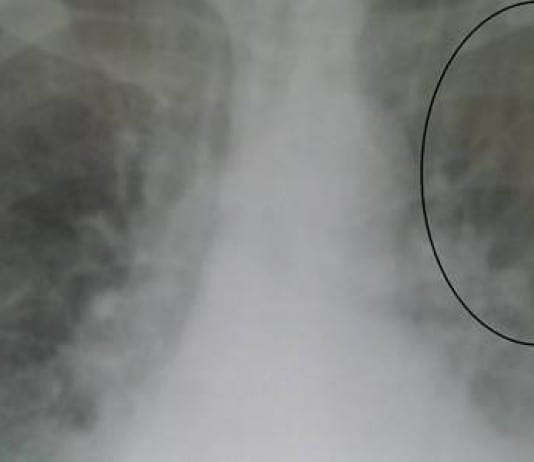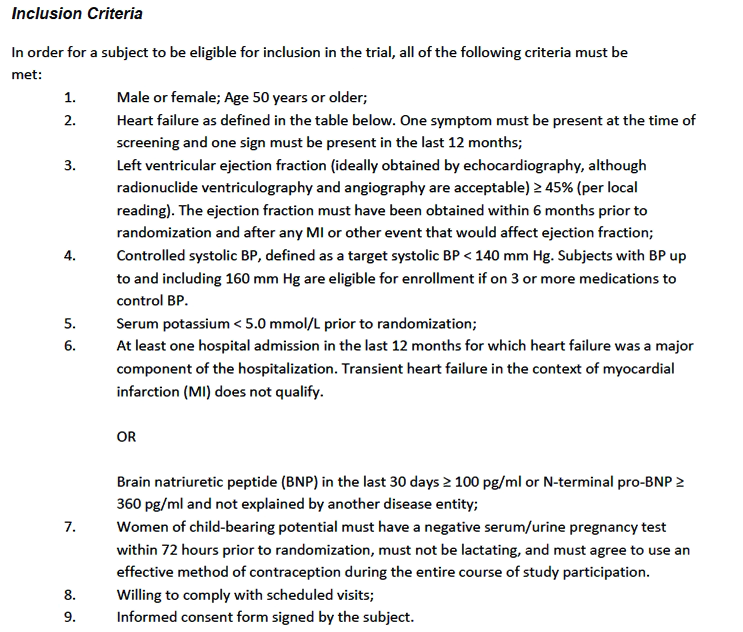
That’s very important, and this was a very sound rationale for this trial. Perhaps even more importantly, it has been shown that obesity, diabetes, hypertension, coronary disease, atherosclerosis and the high-sodium diet that these HFpEF patients have can lead to myocardial oxidative stress, which can activate this receptor independent of aldosterone levels.
#Topcat spironolactone trial
The rationale for this trial was very strong - not just because this drug has been proven effective in HF with reduced ejection fraction (HFrEF) or hypertension, but also because, specifically in HFpEF, it has been shown that aldosterone levels correlate with mortality, suggesting that aldosterone activation of the receptor as occurs in the kidney and vascular smooth muscle cells is important. 16-20, 2013 Dallas.ĭisclosure: Pfeffer reports financial ties to Aastrom, Amgen, Bristol-Myers Squibb, Celladon, Cerenis, Concert, Genzyme, Hamilton Health Sciences, Keryx, Medtronic, Merck, Novartis, Roche, Sanofi-Aventis, Servier, Teva, University of Oxford and Xoma. Presented at: the American Heart Association Scientific Sessions Nov. Medical and surgical approaches to improving heart failure outcomes. We stress that if physicians use for that purpose, they have to carefully monitor potassium and creatinine,” Pfeffer said. “In our trial, we do not show a significant difference in our primary endpoint, but we do show reductions in hospitalizations for HF. This is an area that may require further investigation, according to Pfeffer. Of 22 prespecified subgroup analyses, results revealed one significant interaction with treatment among patients with elevated natriuretic peptides.Īn exploratory, post-hoc analysis showed that placebo event rates varied dramatically by region: 31.8% (HR=0.82 95% CI, 0.69-0.98) in the United States, Argentina, Brazil and Canada and 8.4% (HR=1.1 95% CI, 0.79-1.51) in Russia and the Republic of Georgia. There was no difference between groups, however, in the number of patients with levels ≥3 mg/dL and the number of patients who required dialysis was not increased due to the monitoring system in place. Patients on active therapy were also almost 50% more likely to experience doubling of creatinine above the upper limit of normal ( P<.001). 9.1% P<.001), suggesting the need to carefully monitor potassium levels with use of spironolactone, Pfeffer said. However, compared with placebo, the spironolactone group exhibited more hyperkalemia (18.7% vs. There were also no significant differences in the number or reports of serious adverse events between groups. The researchers observed a lower percentage of HF hospitalizations among patients receiving spironolactone vs.


Event rates were 6.6 and 5.9 per 100 patient-years, respectively. During a mean follow-up of 3.3 years, the primary endpoint occurred in 20.4% of the placebo group and 18.6% of the spironolactone group (HR=0.89 95% CI, 0.77-1.04). The primary endpoint was CV death, HF hospitalization or aborted cardiac arrest.

Patients also had to be hospitalized within the past year for HF or have elevated natriuretic peptides.Ībout one-third of patients were not taking medication toward the end of the trial, and the researchers were unable obtain the vital status of 67 patients in the spironolactone group and 65 in the placebo group. Inclusion criteria included symptomatic HF, age ≥50 years and LVEF ≥45%. Mean spironolactone dose was 28 mg at 8 months, Pfeffer said.

Patients were randomly assigned spironolactone 15 mg titrated to 45 mg, with a target of 30 mg (n=1,722), or placebo (n=1,723). The trial included 3,445 patients with HFpEF (median age, 69 years) at 270 centers in the United States, Argentina, Brazil, Canada, Russia and the Republic of Georgia. Pfeffer and colleagues conducted the large, randomized, double blind, placebo-controlled TOPCAT study to determine whether mineralocorticoid receptor antagonists such as spironolactone produce the same clinical improvements in patients with HF with preserved ejection fraction (HFpEF) as those with reduced EF. Pfeffer, MD, PhD, the Dzau professor of medicine at Harvard University Medical School, said during an AHA 2013 press conference. “It’s unfortunate that the substantial progress we’ve had in the management of patients with reduced heart failure has not been translated to those with more preserved ,” Marc A.


 0 kommentar(er)
0 kommentar(er)
